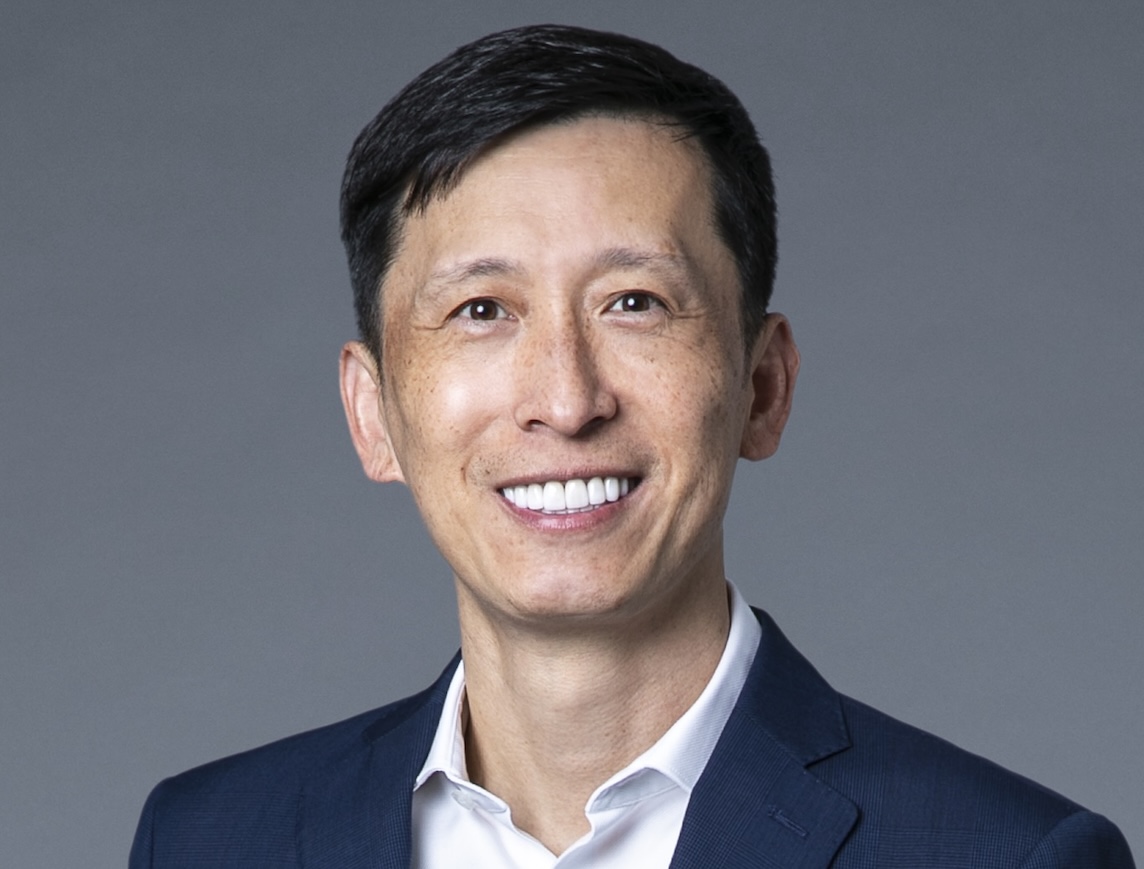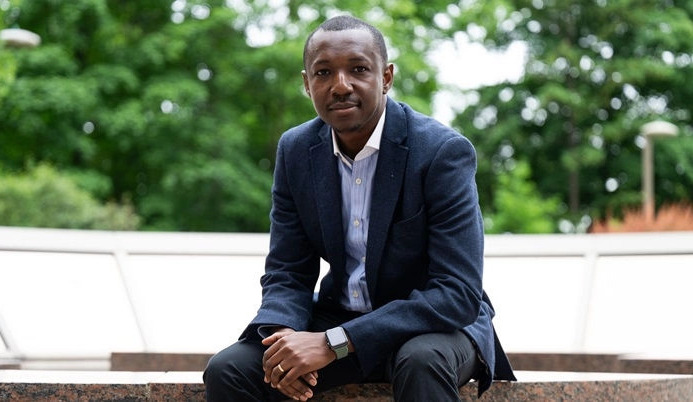Asia Care Detailed Survey 2025
Posted:
What does it truly mean to live a good life? Is it measured in years or the richness of the moments that make up those years? As the world evolves, so must our understanding of longevity. For people in Asia, it means focusing on more than just living a long, illness-free life. It is about prioritizing health and wealth with access to financial solutions to enjoy a better life.
Manulife’s delves into these themes, exploring how individuals across the region are redefining longevity and well-being. It also addresses the inconsistencies between their beliefs and actions and proposes solutions to help them achieve their desired way of living.
As people in Asia are living longer, they are increasingly looking beyond mere longevity to seek a more diverse life

By 2050, the life expectancy at birth in Asia will rise to 79.3 years. This represents a considerable increase of 4.7 years from 2023, according to the United Nations.
Furthermore, women are expected to live longer, reaching 81.5 years, compared to 77.1 years for men. Advancements in medical care and improved living conditions have enabled people to live longer lives with each passing year.

From our survey findings, being financially independent, aging gracefully, remaining active and enjoying life mattered more to people in Asia than living as long as possible in their older or retirement years.
In fact, only 8% of respondents in Asia chose to maximize their lifetime as their top wish.
The signs are clear – longevity is no longer just about adding 'years to life' but also adding life to years'.
With life expectancy rising, how do consumers in Asia view longevity?

Quality Life Years
Simply extending life is no longer a primary focus for people in Asia
A fresh perspective on aging is taking shape: people are focusing not only on extending their lifespans but also on living fuller and more meaningful lives, and prioritizing a life filled with richness, purpose, and enthusiasm, particularly as they grow older.
Over 46%
want a meaningful life and quality of life over a longer life
36%
do not want to be a burden of family or rely on anyone for help
31%
want to age with dignity without chronic illnesses or disabilities
When people in Asia were asked why extending their lifespan isn't their most important consideration, their responses revealed a fundamental shift in priorities: they value being physically, mentally, and financially healthy in their older years in order to maintain autonomy and age with dignity. Some also expressed concerns about physical and cognitive decline, further motivating their aspiration to live vibrantly.
Top 5 reasons why maximizing lifetime is not people’s top wish
1. Quality of life is the most important factor.
2. Having a meaningful life is more important.
3. I don't want to be a burden to my family or rely on anyone for help.
4. I don't want to live longer with chronic illness or disabilities.
5. I want to age with dignity and avoid prolonged periods of health deterioration.
Longevity desires of people in Asia: A balanced blend of health and wealth

Respondents in Asia consider physical, mental, and financial health as almost equally important in determining the age they desire to live to, with physical health being regarded as their top priority.
Achieving a balance of healthspan (estimated average years of life in good health) and wealthspan (number of years an individual has the financial means to support their desired lifestyles) is seen as essential for a fulfilling and well-rounded life.
Find out what better means to you
The reveals a profound shift in how people across Asia envision their lives as they age. Physical, mental and financial resilience matter now more than ever. Addressing these three pillars of well-being equally is key to achieving a higher quality of life. We have defined this approach to living as a new meaning of longevity.
How can you achieve this?
Seek a health and wealth partner: Consider how you can create a life that is not only long but also rich, balanced, and deeply rewarding. The survey highlights a greater need for individuals to partner with a holistic solution provider to make wise decisions that shape their behavior, track progress and, ultimately, achieve the new meanings of longevity.
Start planning today: Live vibrantly in the present but simultaneously have a plan for the future. Strive to meet your longevity aspirations by prioritizing both your health and wealth span to enjoy a longer, healthier, and better life.

Physical & Mental Well-Being
Being healthy is less about being illness free and more about being independent
People are redefining health by prioritizing independence over being entirely illness free, focusing on doing what matters most to them. In Asia, 76% of people across all age groups see illness as a natural part of aging. For them, health means embracing and enjoying life rather than being limited by health issues.
Are people in Asia doing enough to take care of their health?
More than a third of people in Asia (36%) are either experiencing or worried about physical and/ or mental health issues that could impact their lifestyles.
Yet, 62% believe they have made sufficient efforts to stay healthy and don’t feel the need to do more.
Balancing physical and mental health for better quality of life
Our research reveals that focusing solely on physical health, with little consideration for mental health, can impede a fulfilling life. Achieving a fulfilling life requires a balanced focus on physical and mental well-being. Although mental well-being is often undervalued compared to physical health, people in Asia believe it significantly contributes to longer, healthier lives.
82%
believe mental health greatly affects their ability to achieve their desired quality of life in older age
78%
regard mental health as a crucial factor impacting their long-term physical health
What preventive actions are people focusing on, according to our survey?


Our observations indicate that people tend to take more preventive measures for their physical health than their mental health. We see distinct trends in preventive health actions among different age groups – older adults (55+) tend to focus more on managing their physical health. At the same time, younger generations may be more inclined to seek mental health support and prioritize self-care.
To manage age-related health risks, people over 55 get regular health check-ups and, for example, reduce their salt intake. In contrast, younger individuals focus more on reducing stress and maintaining a work-life balance. They are also more likely to skip breakfast, often possibly due to their busy lifestyles. Practices like adopting a plant-based diet and talking to a therapist are consistently low across all age groups, with younger individuals slightly more inclined to pursue them.
Crucial indicators of health and longevity are often overlooked


People often pay close attention to familiar health markers, such as blood pressure, cholesterol, blood sugar levels, heart rate, and nutrition, to keep track of their health. However, they overlook equally essential but lesser-known factors such as mobility, grip strength, and muscle mass, which have been scientifically proven to be suitable predictors of health and longevity.
The patterns we observe paint a clear picture: health and wellness in Asia are being redefined, moving beyond illness to focus on a life where we can be independent, happy, and live with purpose. While this shift is in the right direction, it also highlights specific areas of concern – particularly the lack of advanced initiative towards monitoring and preserving one’s health – which can ultimately hamper our desired lifestyle.
Aging and sickness may be natural, but don’t let them define your life.
- At any point in life, you can start taking care of your future health: Experts estimate that genetics account for approximately 25% of the differences in human lifespan. The remaining variation is primarily influenced by how we care for our overall health.1 There’s no particular, pre-defined time when we should start caring for our physical or mental well-being – every time is the right time! It’s never too late to start, but the earlier the better. Don’t wait until tomorrow by making excuses for delaying health monitoring, which is not a catch-up game.
- Make balanced well-being a priority: There are no phases in our lives when mental well-being is more or less important than physical well-being. Achieving a better quality of life requires a balanced approach to physical and mental well-being.
- Health is not age specific: Regardless of your age, you should emphasise physical and mental well-being equally. It’s reported that your health status in your 30s to 40s will greatly inform how you fare in your 60s to 70s.2
- Prevent health issues from becoming serious: Pay attention to all health indicators. Negligence of certain health indicators can lead to health issues in the long run.

Retirement & Financial Readiness
Health is wealth, and wealth is health
People worldwide have long embraced the idea that health is wealth. However, those living in Asia have expanded on this notion. Indeed, people are becoming increasingly aware that their mental well-being depends heavily on how secure they feel about their financial situation.
In Asia, people agree that financial well-being can impact:
How long they remain physically healthy
74%
How long they remain mentally healthy
74%
The age they can expect to live to
71%
Overconcentration in allocating to cash as savings and investments

However, being aware of the positive impact of financial well-being does not translate for all into sufficient financial preparation for later years. In Asia, 43% of the respondents think they will not have sufficient funds for retirement.
Yet, they still treat ‘cash as king’. Cash, savings, and fixed deposits compose 50% of their total assets – covering all savings and investments but excluding real estate. The rest of their investments are spread over stocks, funds or unit trusts, bonds, and annuity insurance, among others.
Our observations indicate that people who do not have defined goals for their future tend to be less financially ready for retirement – partly due to holding much of their savings in cash, limiting the potential for their wealth to grow over time.
Property is still considered an important part of retirement preparation, although its significance has declined sharply

Property is seen as one of the more secure investment vehicles, second only to cash/fixed deposits and pension schemes. In fact, a third of consumers still view property as one of their top two retirement planning priorities.

However, this reality is rapidly changing: the value that those surveyed place on property as part of their preparation for retirement has dropped remarkably over the years. Today, only 33% of respondents consider property one of their top two retirement priorities, a significant decline from the 65% who once held this view.
This shift is due not only to uncertainties about the long-term stability of property but also because property is no longer seen as a family legacy. People are now prioritizing other values over traditional homeownership.
Retirement needs vary with age

When supporting their desired lifestyle in later years, ensuring steady income streams during retirement stands out as the most crucial factor for consumers seeking retirement-related value-added services from pension providers. This need becomes even more pronounced among individuals soon approaching retirement (age 55+).

Additionally, services that ensuring investments' long-term growth potential are highly sought after. Younger investors aged 25 to 34 are particularly eager to see their investments thrive in the long term.

Interestingly, only an average of 26% of respondents consider portfolio diversification the most valuable retirement-related service, likely because many view it as a standard practice rather than a unique benefit that directly addresses their immediate financial needs.
Professional guidance can make you better prepared for later years

Seeking professional advice from financial planners can make a huge difference to people’s financial readiness in later years. Those who consult financial planners report being much more financially ready for retirement than those who don’t.
74% of consumers in Asia who receive guidance from professional financial planners expect to have sufficient funds for their retirement, while only 40% of those without such support feel the same way.
The reveals a clear connection between financial well-being and overall quality of life, particularly in retirement. While many people in Asia recognize the importance of financial health, gaps in preparation remain, with many feeling uncertain about their ability to sustain themselves during their later years. This is where proactive planning and informed financial decisions become critical.
Achieving a better quality of life in retirement begins with taking deliberate steps today.
- Diversify your investments: Relying solely on cash or property may no longer be the safest or most effective investment strategy. Move beyond the traditional mindset of ‘cash/property is king’ and consider broadening your investment approach to achieve your desired lifestyle in retirement.
- Create sustainable income streams: Explore alternative financial or investment products that can provide steady and sustainable income streams, especially those tailored to long-term retirement goals.
- Seek professional guidance: Consult with financial planners who can help you create a personalized strategy to maximize your financial readiness. Manulife’s trusted financial solutions and expert guidance have helped many customers significantly improve their retirement outcomes over the years.
- Adjust your strategy at every life stage:
- If you are a young adult (25-34), start investing early to maximize the growth potential of your investments. Align your portfolio with higher-growth assets that match your long-term retirement goals.
- If you are a middle-aged working professional (35-54), it is important for you to balance growth with stability. Diversify your portfolio with a mix of sustainable income-generating and growth-focused assets to meet both short-term responsibilities and long-term retirement goals. Regularly review your financial plan to adapt to changes in your life stage, health, and aspirations.
- If you are an older adult nearing retirement (55+), you must ensure financial resilience throughout an extended retirement. Rising life expectancy means retirement is no longer the end of your investment journey. Staying invested beyond the traditional retirement age can help you maintain financial independence, combat inflation, and address the costs of healthcare or unexpected expenses. Focus on strategies that provide a steady income stream while preserving capital for the years ahead.
About
The Asia Care Survey 2025 was conducted across January and February 2025 and captured insights from over 9,000 individuals aged 25 or above (including 60+) across nine Asian markets: Mainland China, Hong Kong, Taiwan region, Japan, Singapore, Vietnam, Indonesia, Philippines, and Malaysia.
Disclaimer: If there is any inconsistency or ambiguity between any translated versions and the English version, this English version shall prevail.
Source:
1. Harvard Health Publishing, June 2024. Longevity: Lifestyle strategies for living a healthy, long life
2. Medical News Today, July 2025. Longevity: 8 habits can add 24 years to lifespan, new study finds ; Verywell Health, January 2024. Longevity To-Do List for Your 30s
































































































































































































































































































































































